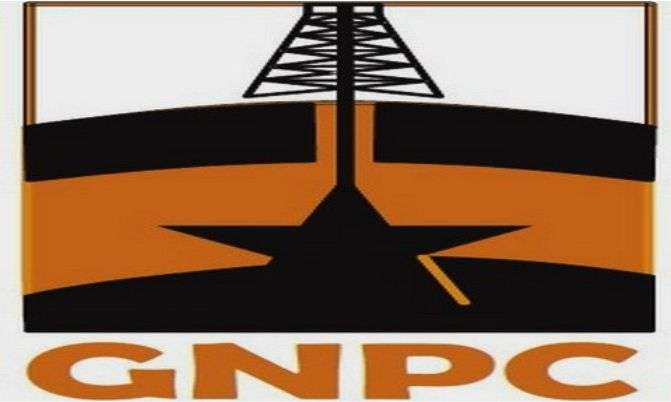The Public Interest and Accountability Committee (PIAC) has called for the review of the laws of the Ghana National Petroleum Corporation (GNPC) to allow the National Oil Company (NOC) venture into the provision of integrated energy solutions.
In its second Issue Paper titled: “The Role of GNPC in the Upstream Petroleum Industry: Challenges and Prospects”, PIAC said the review of the almost 40-year-old Provisional National Defence Council Law (PNDCL) 64 was necessary for GNPC to diversify and mitigate the existential threat the energy transition agenda poses to NOCs.
According to PIAC, GNPC could leverage its existing capabilities and resources, such as engineering and project management skills, access to capital, as well as land and infrastructure assets to engage in electricity generation and distribution, energy efficiency and management as well as energy trading and marketing.
Furthermore, it could expand into renewable energy, such as solar, wind, hydro, and biofuels, as well as other low-carbon or carbon-neutral technologies, such as hydrogen, carbon capture and storage, and electric vehicles, PIAC said.
It noted that the energy transition could reduce the demand and value of the core products of NOCs’, expose them to environmental, social, and governance (ESG) risks and liabilities, and undermine their competitive advantage and market share.
This, the committee observed, has manifested in the increasing investor reluctance to fund hydrocarbon investments.
It has, therefore, advised government to build its NOC to become a stand-alone world-class operator to handle significant portions of the nation’s activities in the upstream industry, to avoid the situation of hung resources.
“The making of an effective NOC amid the energy transition is a complex and challenging task that requires strategic vision, innovation, and adaptation.
To survive and thrive in the transition, NOCs need to rethink their strategies and business models and explore new opportunities and markets,” the paper highlighted.
ALSO READ:

